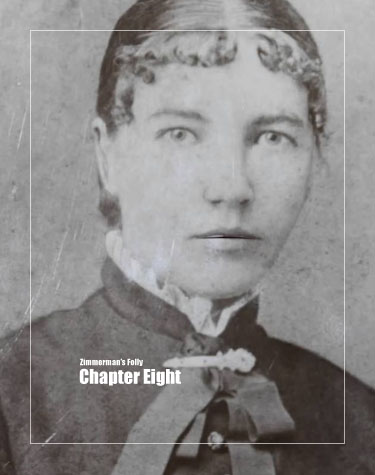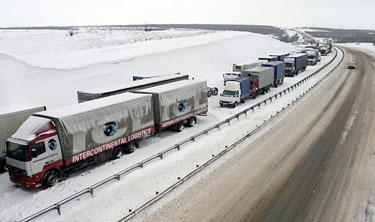
This is no time for ease and comfort. It is time to dare and endure!" -- Sir Winston Churchill
There was no adolescent culture in Wales or on Big Diomede. If George Washington could become a surveyor at age sixteen, teens could join in the great work of their elders. Greene, the man who had taught Rupert how to pray, had preached his first sermon on prayer at the age of nineteen! It was good! Zimmerman, as part of his own discipleship, obtained a copy of it. Laura Ingalls Wilder had taught school at seventeen. Building a new country required many hands, and people were learning again how to train their own replacements.
If one chose not to participate in the work of the Alaska Republic, one did not eat. Now there was plenty of work to be done maintaining the ever growing number of roads in the North country and one could always join a maintenance crew to obtain enough to live on. You were free to move on and free to join in again, but only the disabled, elderly and mothers with young children could obtain government help. Most of the young mothers preferred the 'data processing' option where they got issued a small computer and were paid by the job. [1.]
There was no "under the table" economy to speak of, simply the realization that there was a smoother entry level one with a simple yearly license fee so that all participated in the greater economy. It was something like five petrodollars, the cost of a sandwich at the service plaza. After you reached a certain salary level you paid that plus a small percentage. There was no bracketed disincentive to going higher. There was no minimum wage either. For five bucks a teenage Entrepreneur could start his or her own company and that fee let you have your own website. Reporting requirements were nonexistent until you made really serious money... and the handful of youngsters who did hit the ceiling wore it as a badge of honor! Since so few people received government assistance it was an incentive to simply hire oneself out to a greenhouse farmer for a while. The oil and gas leases on public lands actually resulted in citizen bonus checks. Alaskans had received these benefits before the Republic, but now the shares paid more as the public land leases exploded. Some of the energy profits were taxed to provide endowments to improve medical facilities.
Healthcare in Alaska was largely a free market item. You would always get a "private option" bill from the provider. Most people paid the bulk of their care straight out of their own funds and this was counted as pre-tax dollars. What you couldn't pay was financed at a fairly low interest rate, or no interest at all if you had minimal earnings. You could buy any kind of health insurance you wanted, but the most economical package was one that only paid for catastrophic expenses. Public involvement was limited to underwriting those unfortunate situations where a person's care exceeded any reasonable ability to ever be paid off. In the 'lower 48,' large hospitals were writing off large amounts of 'uncollectable' billing while bearing down on those who had some means to pay. The Republic stepped in to cover the catastrophic loss. Private individuals were expected to cover their care up to a fairly high amount but were extended quite a bit of grace and time in fulfilling that.
The end result here was that the hard haggling over what was 'covered' never really affected care decisions between doctors and their patients. Hospitals with excessive costs might have to write off some care given now and restrict some procedures in the future. The resulting choice and competition along with the government's limited participation, far removed from individual incentive, resulted in lower costs and better options. Alaskans had never enjoyed better medical care. Alaska Petrodollars would also buy you care at Johns Hopkins or the Mayo Clinic in the 'lower 48.' These institutions fought fiercely to maintain their private options, knowing that the freedom resulted in the ability to deliver better care.

(to be continued) [click to read]
[click to read ]
Copyright © 2019, The Kirchman Studio, all rights reserved

No comments:
Post a Comment